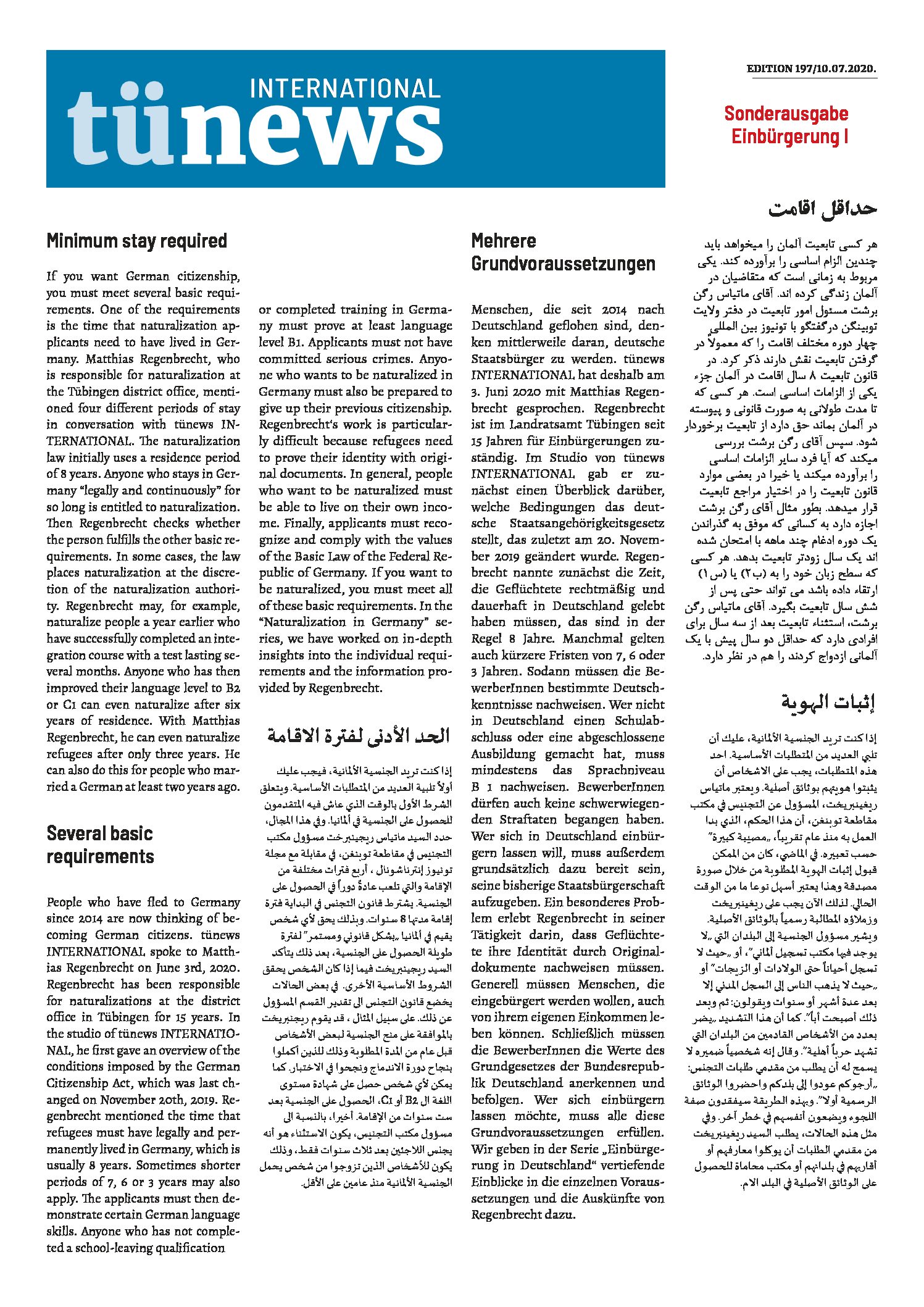their pocket money during the summer holidays can apply for a holiday job. The following rules should be observed when working: Working hours should not exceed eight hours per day. A maximum of 40 hours with five days in a week is allowed. Working hours may only take place between 6 a.m. and 8 p.m. There are, however, deviations for young people aged 16 and over. There must be a break of at least 30 minutes if the working time is between four and a half to six hours, and 60 minutes if work exceeds six hours. No dangerous or… Read More
Day: July 10, 2020
Ferienjobs für SchülerInnen
Wer zwischen 15 und 18 Jahren alt ist, noch zur Schule geht und in den Sommerferien das Taschengeld aufbessern möchte, kann sich um einen Ferienjob bewerben. Beim Arbeiten sollte man folgende Regeln beachten: Die Arbeitszeit darf nicht länger als acht Stunden pro Tag sein und nicht über 40 Stunden und fünf Tage in einer Woche. Die Arbeitszeit darf nur zwischen 6 und 20 Uhr stattfinden. Für Jugendliche ab 16 Jahren gibt es Abweichungen. Eine Pause von mindestens 30 Minuten muss bei einer Arbeitszeit zwischen viereinhalb bis sechs Stunden erfolgen, 60 Minuten bei mehr als sechs Stunden. Man darf keine gefährlichen… Read More
Classes during summer holidays for students with deficits
In Baden-Wuerttemberg, there will be learning and support classes called “Lernbrücken” (learning bridges) during the last two weeks of the summer holidays in September. The courses are designed to help pupils catch up on study material, repeat content and overcome learning difficulties. This should help allow a better start into the new school year. Due to the school closings during the Corona-crisis, the students depended on learning at home. For many, this led to visible learning gaps. The new offer concerns basic skills such as the subjects German and maths, but also foreign languages. The participants will attend three hours… Read More
Could you please spell your name?
Martha, Anton, Heinrich, Friedrich, Otto, Ulrich, Zacharias: This is the way, I have to spell my name in German on the phone, so my interlocutor can spell it right – M A H F O U Z. What is the meaning of all this and where do these names come from? The first official German spelling alphabet was introduced in 1890 in Prussia. The reason for this was the newly invented telephone. The Berlin telephone directory, however, still used numbers at that time in order to designate the letters: A = 1, B = 2, C = 3 and so… Read More

